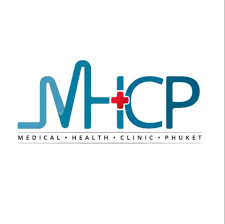About Kirkbride Center – Philadelphia
Kirkbride Center is a 302 bed behavioral health care and substance use disorder treatment center. The facility is located on 49th Street in Philadelphia, Pennsylvania, in the University City neighborhood. They treat both substance use and co-occurring disorders, and they have a special track for former sex workers and trauma survivors. Payment shouldn’t be an obstacle because they accept insurance from most major providers. They also take Medicaid and the Behavioral Health Special Initiative.
The facility has a medical detox program with 21 designated detoxification beds for long term and short term residential treatment. During detox, you’ll have around the clock medical monitoring. If you’re experiencing uncomfortable withdrawal symptoms, they’ll give you medication to ease the discomfort. While in the detox unit, you’ll have access to programming in the residential rehab unit.
The residential rehab program has 249 beds and uses many treatment modalities for short and long term treatment. They offer medication assisted treatment (MAT) if you’re dealing with an opioid use disorder. The MAT program is licensed by the state. They use Suboxone, Vivitrol and methadone and will assess which drug will work best for your situation. Once you’re through the inpatient program, the center can refer you to an outpatient program to help with MAT management.
While in the residential rehab program, you’ll have different types of therapy as appropriate. Therapies may include the trauma recovery empowerment model (TREM) which is a group intervention therapy for men and women survivors of trauma. You’ll attend coping skills training and a weekly 75 minute session with a different recovery topic each week. They also offer rational emotive behavioral therapy, grief and loss therapy and cognitive behavioral therapy.
While in therapy, you and your counselor will identify any co-occurring disorders you may have. Co-occurring disorders include mental health issues such as anxiety, depression, schizophrenia or bipolar disorder. If you have a co-occurring disorder, you may be given medication to help manage it. The goal of the programs is to help you leave with good coping skills and a supportive network to help you lead a productive, independent and substance free life.









